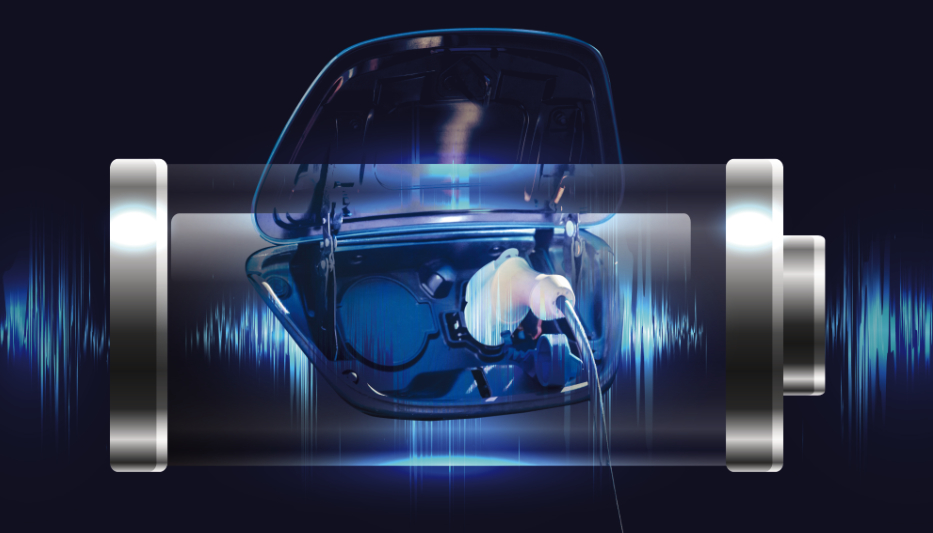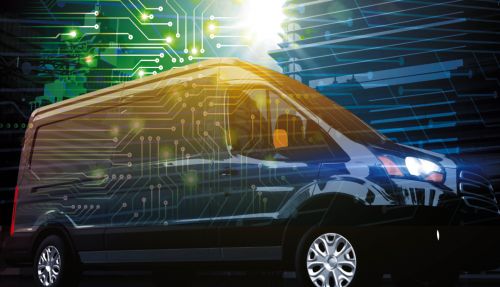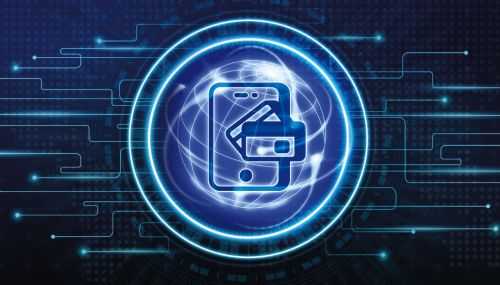All
Solid-State Batteries Are Game Changers

Pilot-stage technology could dramatically extend electric vehicles’ driving range
Electric vehicle owners will tell you that EVs are still a little too expensive. They wish EVs had longer driving range, and they would like to see shorter recharging times.
An affordable battery design that can provide more energy density in an EV has eluded automakers for a long time. But that may change within the next few years.
Most automakers are looking at solid-state batteries as the solution. They have known for a while that a solid-state design has advantages over lithium-ion batteries.
Almost all EVs use variations of lithium-ion batteries, in which ions pass through a liquid or gel. Developers have been working on solid-state batteries in which ions would pass through a solid material and could pack more energy into a smaller space.
Researchers have developed solid electrolytes made of ceramics, glass, and mixes of ceramics and glass that weigh less and take up less space than liquids or gels. Even though the electrolyte is solid, it is porous on a microscopic level, allowing electrons to pass through it.
Solid-state batteries are capable of holding much more energy per unit of mass than today’s lithium-ion batteries, which means an EV could go much farther before needing to be recharged. Solid-state batteries also do away with the flammable liquid or gel electrolyte found in current lithium-ion batteries.

From the Lab to the Factory
In June, Solid Power, an industry-leading developer of all-solid-state battery cells for EVs, announced that it has completed installation of its automated “pilot production line,” which is designed to produce EV-scale solid-state batteries.
Solid Power is based in Louisville, Colorado. It is a spin-off from research begun at the University of Colorado Boulder. The company was founded in 2011 and is now publicly traded with a market capitalization of $1.3 billion.
Solid Power is one of several developers that are working on bringing solid-state batteries to the EV market. Just about every automaker is developing solid-state batteries, either with an external partner like Solid Power, or through their own internal research and development.
Solid Power Cells
Solid Power’s Silicon EV Cells are designed to power longer-range, lower-cost and safer EVs. As a result, Solid Power's all-solid-state battery cells are expected to be safer and more stable across a broad temperature range, providing an increase in energy density at a lower cost compared to lithium-ion batteries.
Solid Power’s initial Silicon EV Cell design includes 40 double-sided cathodes and 41 anodes, with a ceramic-glass electrolyte.
By using over 50% active silicon in the anode, Solid Power has designed the battery for increased energy density, which is expected to correlate to longer driving ranges – a key barrier to mass EV adoption.
Solid Power said its batteries were designed to be produced using the tooling and processes already in place in current factories making lithium-ion battery cells, and that is a huge advantage.
Testing, Testing and More Testing
Solid Power intends to produce Silicon EV Cells for internal testing in small numbers as it works to fine-tune its battery design.
When running at full capacity, Solid Power’s pilot production line is expected to be capable of producing 300 cells per week, with the majority of those being planned for automotive qualification testing. That’s the process of working with automakers to validate the safety and effectiveness of the systems before the batteries can be sold to the public.
The company expects to begin shipping batteries to its automotive partners Ford and BMW by the end of the year to kick off their automotive qualification testing.
Solid Power’s production line is designed to produce large-format sulfide-based batteries in a manner that mimics existing traditional lithium-ion production processes.
“Solid Power is encouraged by taking this next step on its automotive qualification roadmap,” said Doug Campbell, chief executive officer of Solid Power. “The installation of this pilot production line will allow us to produce EV-scale cells suitable for initiating the formal automotive qualification process.”
He also noted that over the coming quarters, they will work to bring the production line up to its full operational capability and look forward to delivering EV-scale all-solid-state batteries to their partners later this year.
If all goes well, the company expects the automakers to sign off on the battery design sometime in the first half of 2024.
The company would then hand off its design to an existing battery manufacturer for mass production. This suggests the first vehicles to using solid-state batteries could be available within a few years.
Beyond EV Batteries
Lithium-ion batteries have been highly effective for the current generation of EVs, but not so well-suited for long-haul ground vehicles, rail, ships or aircraft. Lithium-ion batteries also are not well-suited for grid-scale energy storage of more than four hours. Solid-state batteries are very likely to be the next big thing at the commercial level.
Solid Power expects to be able to optimize its Silicon EV Cells for capacities ranging from 60 to 100 amp hours (AH). The company expects this flexibility will allow Solid Power to meet its automotive partners’ specifications, while allowing for additional partners with distinct design specifications.
Way back in 1991, Sony released the first commercial lithium-ion battery. It was a big step forward in battery technology, and they have improved over the years. Today we use them to power everything from our cell phones to our cars, and most of the things we can’t do without.
Now imagine the batteries in these items lasted twice as long before you had to recharge them. Solid-state batteries are game changers.
Ed and Kelly Burke are respectively Chairman of the Board and Senior Marketing Manager at fuel distributor Dennis K. Burke Inc. They can be reached at 617-884-7800 or ed.burke@burkeoil.com and kelly.burke@burkeoil.com.
Related Posts
 What’s Next in Boiler Technology
What’s Next in Boiler Technology
Posted on June 25, 2025
 Data Delivers!
Data Delivers!
Posted on April 28, 2025
 Harnessing Payment Data to Increase Profitability
Harnessing Payment Data to Increase Profitability
Posted on March 10, 2025
 DeepSeek Is Our AI Wake-Up Call
DeepSeek Is Our AI Wake-Up Call
Posted on March 10, 2025
Enter your email to receive important news and article updates.
